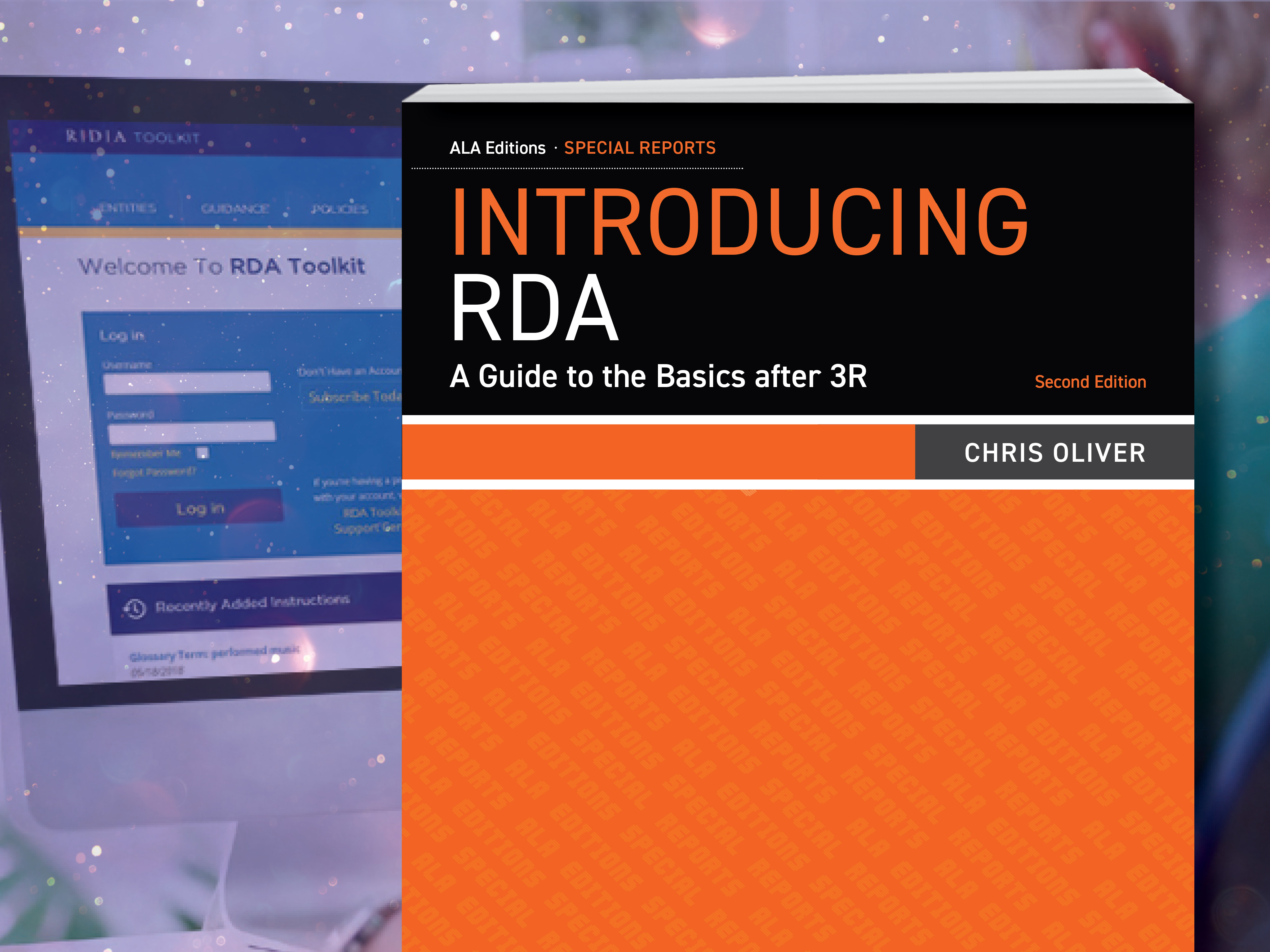RDA in German-speaking countries
Since 2020, the 3R project for DACH libraries, the switch to the new RDA toolkit for the German-speaking area, is being carried out. The project is led by the German National Library and carried out cooperatively by all partner institutions. The aim is to have a common handbook for cataloguing in German-speaking countries, to be used for good practices and training purposes.
All information of the element and resource descriptions is compiled in a common documentation based on Wikibase. The development of application profiles is being carried out. Another working group is developing a training concept, whose training sessions are expected to take place in the first half of 2023.

